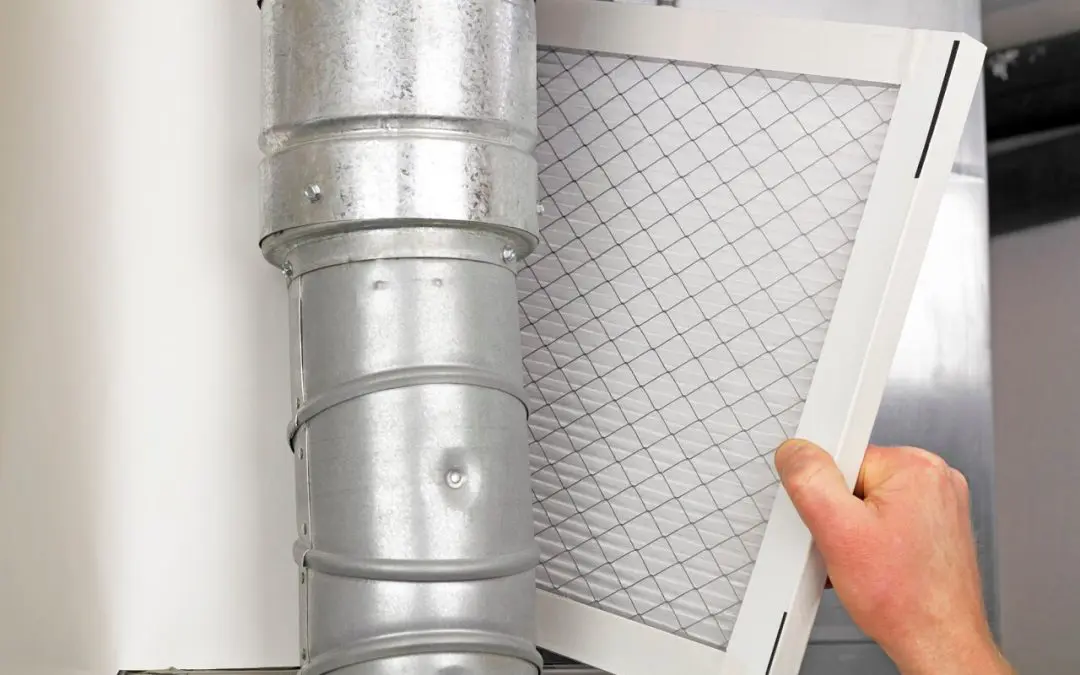The birds are chirping, the flowers are blooming, and the last thing anyone wants is a sticky, humid house. Spring is the perfect time to give the HVAC system a little TLC and get it ready for the summer heat. A well-maintained system is all about comfort, efficiency, and saving some serious cash on energy bills. Let’s dig into how to get that spring HVAC tune-up done right.
The Importance of a Spring Check-Up
Spring is the sweet spot. The heavy lifting of winter is over, and the intense demands of summer are still on the horizon. This provides an ideal window to inspect, clean, and optimize the HVAC system. Neglecting this maintenance can lead to reduced efficiency, unexpected breakdowns during peak demand, and a shortened lifespan for the equipment. A professional tune-up will identify and address potential issues before they escalate, preventing repairs and making sure the system operates at its best when needed.
DIY Steps for Your Spring HVAC Tune-Up
Start by replacing the air filter. A dirty filter restricts airflow, forcing the system to work harder and reducing efficiency. Aim to replace filters every 1-3 months, depending on the type and the home’s air quality. Next, clear debris from around the outdoor unit. Leaves, branches, and other obstructions can impede airflow and reduce performance. Make sure there’s at least two feet of clearance around the unit. Gently rinse the outdoor condenser coils with a garden hose to remove accumulated dirt and grime. Be careful not to bend the delicate fins. Inspect the condensate drain line for clogs. A blocked drain line can lead to water damage and mold growth. Pour a cup of diluted bleach or vinegar down the line to clear obstructions. Finally, check the thermostat settings and make sure they’re programmed for optimal efficiency. Get a programmable or smart thermostat to automatically adjust temperatures based on schedules and occupancy.
When to Call a Professional
While DIY maintenance is valuable, a professional HVAC technician brings expertise and specialized tools. They can perform a comprehensive inspection, including checking refrigerant levels, inspecting electrical connections, and testing system performance. Refrigerant levels are critical for efficient operation. Low refrigerant leads to reduced cooling capacity and compressor damage. Electrical connections should be tightened to prevent overheating and potential fire hazards. A technician will calibrate the thermostat, inspect the ductwork for leaks, and ensure all components function correctly. This professional touch ensures the system is running at peak efficiency and minimizes the risk of unexpected breakdowns during the hottest months.
Maximizing Efficiency and Longevity
Beyond the tune-up, several practices help maximize the HVAC system’s efficiency and longevity. Regularly cleaning or replacing air filters is crucial. Sealing air leaks around windows and doors helps prevent conditioned air from escaping, reducing the workload on the system. Using ceiling fans with air conditioning can create a wind-chill effect, allowing the thermostat to be set a few degrees higher. Planting shade trees around the outdoor unit will reduce its exposure to direct sunlight, improving efficiency. Scheduling regular professional maintenance twice a year, once in the spring and once in the fall, will help keep the system in top condition.
By taking these steps, you’ll enjoy a comfortable, efficient, and reliable HVAC system throughout the summer. A little spring maintenance can prevent headaches and save money.
Spring HVAC Tune-Up FAQs
My outdoor unit seems to be vibrating more than usual. Is that normal?
No, excessive vibration is not normal. It could indicate loose components, an unbalanced fan, or a failing compressor. Ignoring it can lead to more damage. It’s best to have a professional technician inspect the unit to pinpoint and resolve the issue.
I’ve noticed a musty smell coming from my vents when I turn on the AC. What could be causing that?
A musty smell often signals mold or mildew growth within the ductwork or evaporator coil. This is frequently due to moisture buildup, especially if the condensate drain line is clogged or the humidity is high. Professional duct and evaporator coil cleaning are recommended to eliminate the problem and improve indoor air quality.
My energy bills were higher than expected last spring, even before the really hot weather. What could be the cause?
Several factors can contribute to higher energy bills, including leaky ductwork, an aging or inefficient system, improper insulation, and thermostat calibration issues. A professional energy audit and HVAC system inspection can identify the root cause and recommend solutions.
Jones & Cooper Home Inspections offers inspection services to customers in the Metro Louisville area. Contact us to request an appointment.

